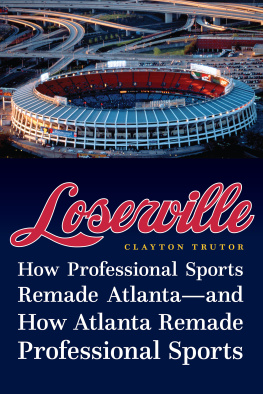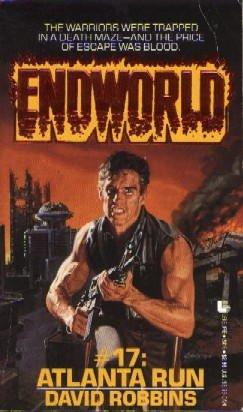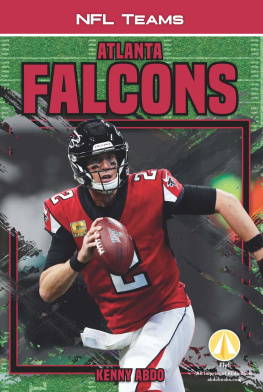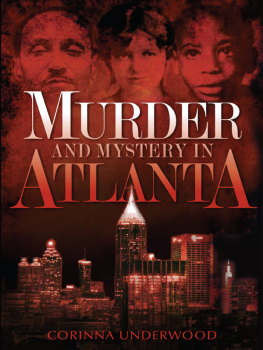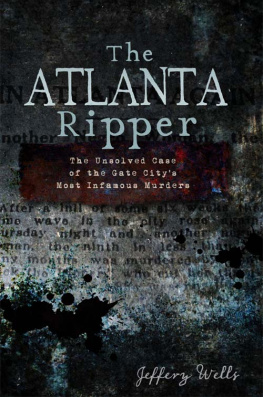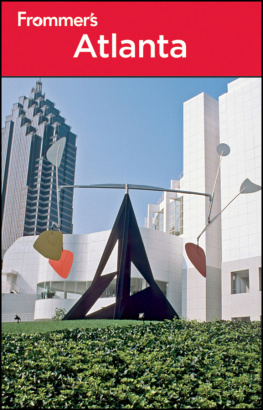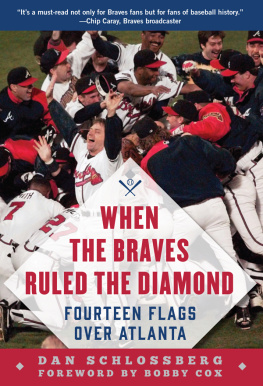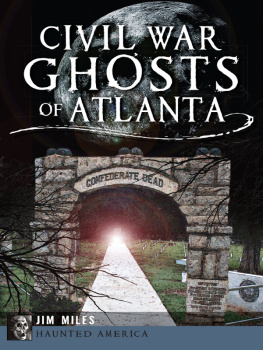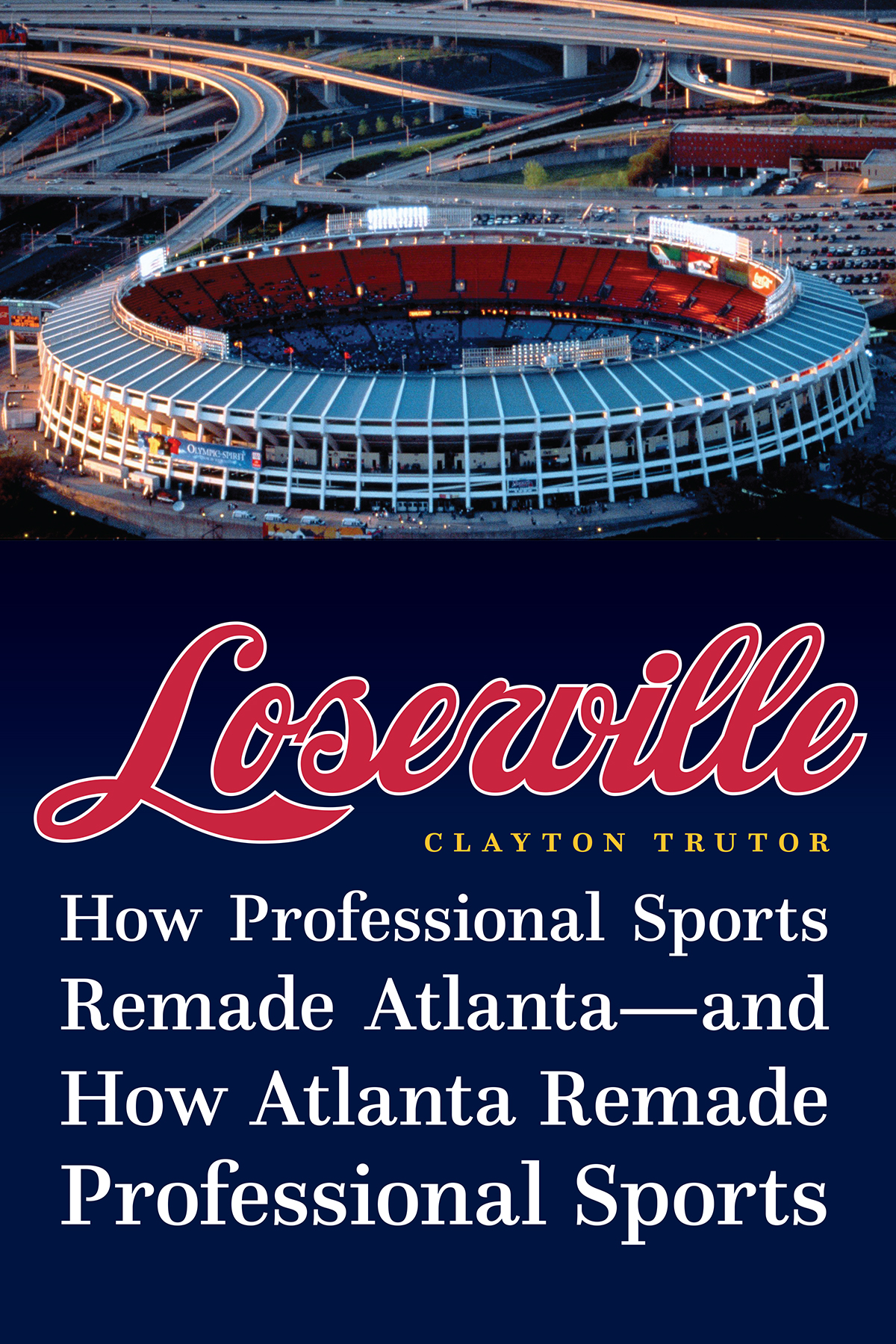
Clayton Trutor vividly and expertly untangles the complex ball of issues that made Atlantas transformation into a Major League sports town so unexpectedly (and maddeningly) difficult. A fascinating look at the way professional sports collided with politics, economics, and social upheaval in the 1960s and 1970s, Loserville also serves as a cautionary tale for any twenty-first-century city thats hoping to land its own MLB , NFL , NBA , or NHL franchise. In other words, be careful what you wish for!
Dan Epstein, author of Big Hair and Plastic Grass: A Funky Ride Through Baseball and America in the Swinging 70s
In Loserville Clayton Trutor uses painstaking research and impressive command of Atlantas political and racial history to depict the birth of a modern American sports town. Only this creation story comes with a surprising twist. Build it and they will come? Think again.
John Eisenberg, author of The League: How Five Rivals Created the NFL and Launched a Sports Empire
As a baseball historian and writer since 1969, and as a fan of the Braves since 1957, I loved every page of Loserville, a well-crafted and well-researched history of both Atlanta and its sports teams. I especially enjoyed reliving the roller-coaster ride the baseball team took from its arrival in 1966 through its dismal years as the Bad News Braves, with attendance so poor that it took Ted Turner to keep the team in townand eventually in national view via TBS and some shrewd acquisitions.... I like the place and the book.
Dan Schlossberg, author of When the Braves Ruled the Diamond: Fourteen Flags Over Atlanta
Loserville is a fascinating history of Atlantas emergence as the epicenter of Sunbelt sports.... In a revealing portrait of Atlanta and the ground-shifting changes in American sports, Trutor demonstrates how the age of franchise free agency collided with the political fracturing of a divided city. Anyone interested in the history of American sports, the South, or Atlanta should read this book.
Johnny Smith, Julius C. Bud Shaw Professor of Sports History at the Georgia Institute of Technology and author of The Sons of Westwood: John Wooden, UCLA , and the Dynasty that Changed College Basketball
Loserville
How Professional Sports Remade Atlantaand How Atlanta Remade Professional Sports
Clayton Trutor
University of Nebraska Press | Lincoln
2021 by Clayton Trutor
Cover designed by University of Nebraska Press; cover image agefotostock / Alamy Stock Photo.
All rights reserved
Library of Congress Cataloging-in-Publication Data
Names: Trutor, Clayton, author.
Title: Loserville: how professional sports remade Atlantaand how Atlanta remade professional sports / Clayton Trutor.
Description: Lincoln: University of Nebraska Press, 2021. | Includes bibliographical references and index.
Identifiers: LCCN 2021015300
ISBN 9781496225047 (hardback)
ISBN 9781496230089 (epub)
ISBN 9781496230096 (pdf)
Subjects: LCSH : Professional sportsGeorgiaAtlantaHistory20th century. | Sports franchisesGeorgiaAtlantaHistory20th century. | BISAC : Sports & Recreation / History | History / United States / State &
Local / South ( AL , AR , FL , GA , KY , LA , MS , NC , SC , TN , VA , WV )
Classification: LCC GV 584.5. A 85 T 78 2021 | DDC 796.04/409758231dc23
LC record available at https://lccn.loc.gov/2021015300
The publisher does not have any control over and does not assume any responsibility for author or third-party websites or their content.
For my family, for a lifetime of love and support
Games lose part of their charm when they are pressed into the service of education, social improvement, and character development.
Christopher Lasch
Contents
I have chalked up innumerable debts to friends, family members, and colleagues as I completed this book. My first thanks are to my literary agent, John Rudolph, at Dystel, Goderich, and Bourret, who helped me find the right home for this book. I couldnt ask for a better advocate or advisor. Id also like to thank the University of Nebraska Press for taking a chance on this project, in particular my editor, Rob Taylor. Just as instrumental in the making of this book are the writers who offered me guidance as I tried to figure out how to even pursue a book deal: Dan Epstein, Michael MacCambridge, Andy McCue, Mike Stadler, and Jack Gilden. Foremost among these writers is Greg Renoff, who didnt know me from Adam but spent many hours of his time helping me figure out how to put together a book proposal.
I owe particular thanks to my colleagues at Boston College, especially my graduate school advisor, Lynn Johnson, whose guidance and patience has made this project possible. Without Lynns stewardship, these chapters would still be boxes full of photocopies sitting in my storage locker. I would also like to thank Patrick Maney and Bruce Schulman for their time and insights into my book. I also owe thanks to Ginny Reinburg, Jim OToole, Dana Sajdi, Seth Jacobs, David Northrup, Stephen Schloesser SJ , Kevin Kenny, Pete Cajka, David Quigley, Jeff Dyer, Rebecca Rea, John Spiers, Lynn Lyerly, and Mike Bailey in particular for their support during my time at BC . I would also like to thank Vlad Perju and the Clough Center for Constitutional Democracy for its generous support of my research expenses.
Among my Boston College peers, I must single out Seth Meehan and Ian Delahanty for their friendship throughout my tenure in the graduate program. An evening of all-you-can-eat riblets at the dearly departed Cleveland Circle Applebees with Ian and Seth was the best professional development that money could buy. My first roommate in Boston, Jonathan Koefoed, became one of my best friends and intellectual compatriots. My life is far richer having him for a friend. Furthermore, I must thank Ted Miller for his singular friendship and generosity over the past decade. I found myself on many occasions during this process aspiring to be as good of a scholar and teacher as my dear friend Ted. My brother, best friend, and favorite historian, Johnny Trutor, has always been my foremost peer and mentor. My mother, Kathy Trutor, is my most-trusted copyeditor.
Before I came to Boston College, I was already indebted to a host of teachers and professors at Rice Memorial High School and the University of Vermont who encouraged me to pursue my intellectual interests. At Rice, I am especially grateful for the guidance of Lloyd Hulburd, Andrea Torello, Coach Tremblay, Judith Miles, Mari Miller, the late Coach Pearo, the late Brother Adrian, the late Sister Elizabeth, and, especially, the late Manfred Hummel, the finest teacher I ever had. At the University of Vermont I incurred just as great debts to Bogac Ergene, Patrick Hutton, Denise Youngblood, Melanie Gustafson, Kathy Purnell, Jan Feldman, Amani Whitfield, Gregory Gause, Robert Kaufman, Paul Searls, Kathy Morris, and the late Jerry Felt. In particular I offer thanks to Paul Searls, who convinced me that sports history is a legitimate area of scholarly inquiry. Recently my colleagues at Norwich University have been highly supportive of my work, particularly John Doc Broom and David Ulbrich.
The researching of this project brought me to archives across the country. I would like to thank the staffs at the Library of Congress, the New York Public Library, the Georgia Tech Athletic Department, the University of Georgia Athletic Department, the Baseball Hall of Fame Archives, the Professional Football Hall of Fame Archives, Boston College Libraries, Harvard University Libraries, the University of Rochester Libraries, and the Kenan Research Library at the Atlanta History Center for their ceaseless energy in helping me track down research materials. On several occasions my father, Barry Trutor, traveled with me and helped me scan or copy research documents. I certainly hit the lottery when it came to a father. Hes a phenomenal researcher and an even better dad. I would also like to thank the more than thirty interviewees who added texture and nuance to this story. The people of the American Southeast have been extraordinarily generous to me with their time and their recollections. The greatest resource I consulted in my research was the late Marshall Solomon, the quintessential Atlantan. On a daylong tour Marshall showed me his city, both past and present. The wisdom he imparted is the architecture of this project.
Next page
